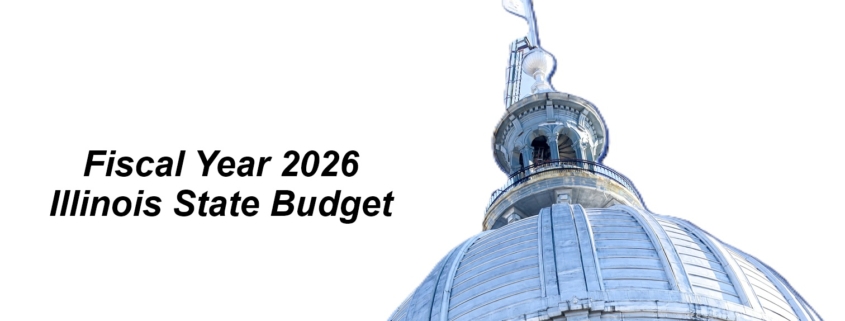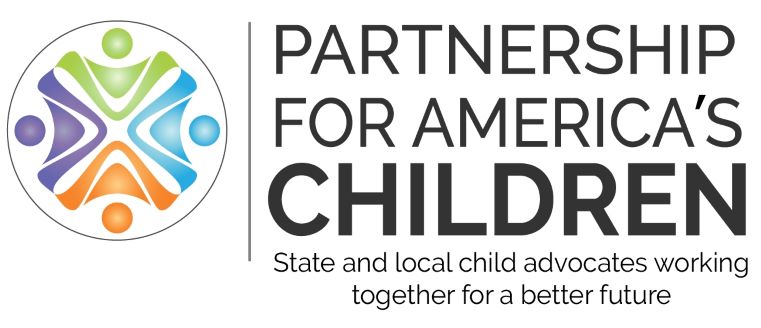New Illinois State Budget
On May 31, 2025, the Illinois General Assembly passed a $55.2 billion budget (SB 2510) for Fiscal Year 2026 (FY26). It is a budget that has more than $800 million worth of new revenue measures, makes some major cuts to programs, and has a partial contingency plan for reduced federal revenues.
Governor J.B. Pritzker signed the budget, revenue bill (HB 2755) and Budget Implementation Bill (HB 1075) into law on June 16th, but made several amendatory vetoes to the budget totaling $161.2 million.
In his amendatory veto message, the Governor stated that the budget appropriated grants for certain capital projects that appear to have been intended to replace 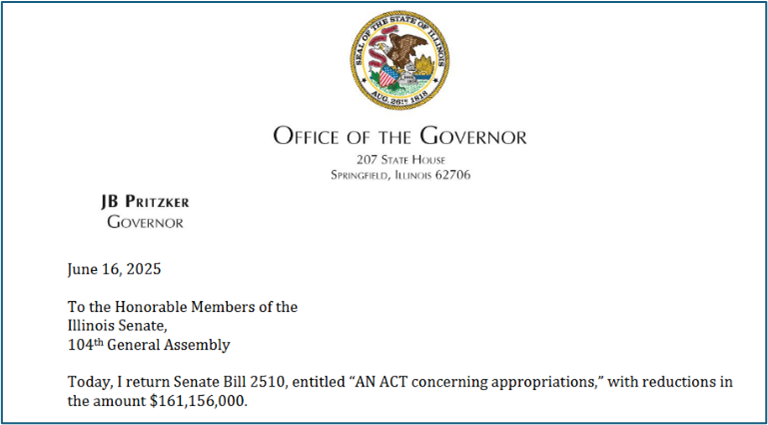 portions of other appropriations and reappropriations that were not reduced by corresponding amounts. He went on to state that the listed dollar amounts for the latter appropriations and reappropriations evidently occurred in error and that “the General Assembly intended for the amount of the new appropriations from the Build Illinois Bond Fund to not exceed the total amount of Build Illinois bond authorization reflected in HB 3374”.
portions of other appropriations and reappropriations that were not reduced by corresponding amounts. He went on to state that the listed dollar amounts for the latter appropriations and reappropriations evidently occurred in error and that “the General Assembly intended for the amount of the new appropriations from the Build Illinois Bond Fund to not exceed the total amount of Build Illinois bond authorization reflected in HB 3374”.
Revenue
Without various line-item decreases and fund transfers (some of which are detailed below), this budget could have been out of balance by nearly $1.7 billion.
The revenue bill authorizes a set of measures expected to generate more than $880 million. These include:
- A tax amnesty program, where taxpayers can pay delinquent taxes without the penalties.
- Halting the transfer of state sales tax revenue on motor fuel purchases to the Road Fund for a year.
- Changes in the designation of corporate revenue subject to taxation – largely targeting multinational corporations.
- Increasing the tobacco products tax from 36% to 45% and bringing electronic cigarettes and other tobacco products up to the 45% level.
- A new sports wagering tax set at $0.25 per wager for the first 20 million of a company’s wagers and then $0.50 per wager for each wager above 20 million.
- Extending the Hotel Operator’s Occupation Tax to short-term rentals.
- Increasing the telecommunications tax from 7% to 8.65%.
Transfers
The Budget Implementation Bill transfers to the General Revenue Fund approximately $315 million from other state funds. The legislature also suspended for a year monthly transfers to the budget stabilization or “rainy day” fund.
The federal government has already withheld funds from the state previously approved by Congress for a variety of purposes. Court action surrounding a number of these moves is continuing. Not knowing what currently approved federal funds the state may not receive, or the financial impact of new tariffs or tax legislation during the year, the Illinois legislature approved three measures to help with financial shortfalls.
- Creation of a new fund called the Budget Reserve for Immediate Disbursements and Governmental Emergencies (BRIDGE) funded by transfers of just under $100 million from 57 state special funds such as the state’s Open Space Lands Acquisition and Development Fund and the Horse Racing Fund. The money is to be used in the event of “unanticipated delays in or failures of revenues when” such funding is required for budget appropriations. The authorizing legislation requires repayment of money transferred from the special funds.
- Authorization for a state agency to transfer line-item appropriations from the same state treasury fund of up to 4% for operational or lump sum expenses.
- During the state’s budget impasse (from mid-2015 to mid-2017), the General Assembly approved a measure allowing the State Treasurer to loan up to $2 billion from the state treasury to certain funds for payment of bills pursuant to a written agreement between the State Treasurer and State Comptroller. (The measure required repayment of those loans with interest to the Treasurer.)
An amendment to the statute this legislative session allows – at the request of the Governor and approval of the Treasurer – the loaning of up to $2 billion during the fiscal year for payment of current or anticipated bills. Repayment is required. As always, the legislature has the option to amend the state budget when it returns for its next legislative session.
Expenditures
Many of the line-items in the FY26 budget are at similar levels to FY25 appropriations. However, as noted below, there are some significant cuts to certain programs.
Healthcare for Undocumented Adults and Welcoming Centers
In his introduced budget, the Governor proposed eliminating health care coverage for undocumented adults ages 42-64.[1] He also proposed a decrease of $99 million in General Revenue Funds from FY25 for Welcoming Centers. (The Welcoming Centers help coordinate human services for immigrants and refugees arriving in Illinois.) While the FY25 budget increased funding for Welcoming Centers to address the arrival of thousands of asylum seekers from Texas (total approved appropriations from state funds were $169.4 million), the FY24 enacted budget appropriated $105 million.
In the final FY26 budget, the legislature concurred with the elimination of health care coverage for undocumented adults ages 42-64 and approved $40 million in state funding for Welcoming Centers.
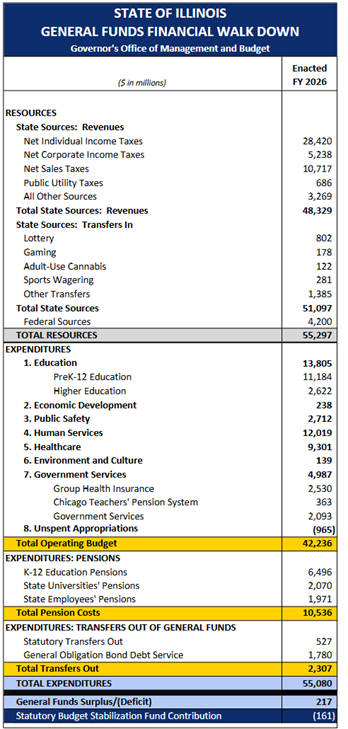
Source: Governor’s Office of Management and Budget
Education Funding
Along with the health care and Welcoming Centers cuts mentioned, one of the other cuts was in the Evidence-Based School Aid Formula. The legislature appropriated $307 million versus the proposed $350 million for the formula – holding back $43 million that would have gone to a Property Tax Relief Grant Program. The program allows school districts to reduce local property taxes by replacing that revenue with state funds.
Funding for the Early Childhood Block Grant remained level. There is a $19.9 million increase in funding for grants related to transportation and special education.
There is a $10 million increase in the Monetary Award Program for college students. Overall, public universities and community colleges see a 3% increase for operating expenses.
Funding for the Early Childhood Access Consortium (in which higher education institution work together to increase access and completion of needed credentials for early childhood workers) is level
A notable hold in FY25: Last year, the legislature added an additional $50 million to the State Board of Education budget for After School Programs (on top of a $25 million appropriation that was similar to FY24). However, as of this writing, ISBE never issued an RFP or guidelines for distribution of the funds. This year’s budget includes an additional $10 million (for a total of $35 million) for After School Programming. (After School Matters, which received $6 million in the FY25 budget, received $12 million in the FY26 budget.)
Early Childhood and Human Services
Funding for the new Department of Early Childhood increases by $7.7 million from the FY25 approved appropriation. (There is also an additional $3.9 million within the DHS budget for the Department of Early Childhood.)
The Child Care Assistance Program shows supplemental appropriation of $75 million in General Revenue Funds for FY25 and then the FY26 budget contains a GRF level that is $160 million above the amount initially appropriated for FY25. This will handle not only caseload growth, but rate increases for home providers.
There is a $90 million increase in General Revenue Funds for the SMART Start Program, which is designed to improve “access to preschool, increase funding to childcare providers to raise wages and quality, invest in new expanded early childhood facilities, and reach more vulnerable families with early support”.[2]
The General Revenue Fund budget line for the Early Intervention Program is level. However, the Early Intervention Services Revolving Fund shows an increase of $15 million. The fund receives monies from family fees, insurance payments, and federal reimbursements. The funding will help cover rate increases under Medicaid.
General Revenue Funding in the Department of Human Services budget for Maternal and Child Home Visiting Program, including Parents Too Soon and the Healthy Families Program, remains level from FY25 funding.
Department of Public Health
Under the Illinois Department of Public Health Budget, there is an $8 million appropriation for its Birth Equity Initiative. That is $4 million higher than what the Governor proposed. The IDPH budget also has:
- Appropriations of $118 million for safety net hospitals to improve health equity as well as access to quality care.
- $40 million for the purpose of updating prospective payment system rates for Federally Qualified Health Centers. A significant increase from the FY25 appropriation of $25 million.
During the legislative session, the General Assembly also approved HB 2771. The bill updates payment rates to safety net hospitals under the Illinois Hospital Assessment Program where funds from a tax on hospitals are used to secure matching Medicaid funds that are redistributed to hospitals based on the volume of Medicaid patients served.
Department of Children and Family Services
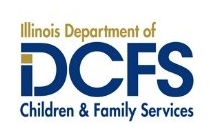
Source: DCFS
The Department of Children and Family Services (DCFS) contains a $4 million increase for an additional 100 agency positions. There is an increase of $4.8 million for the DCFS Scholarship Program. These scholarships are awarded to current and former youth in care. Scholarship recipients receive up to five consecutive years of tuition and academic fee waivers to be used at participating Illinois state community colleges and public universities, a monthly grant to offset other expenses and a medical card.[3]
Attorney General’s Office
During the current fiscal year, Illinois Attorney General Kwame Raoul has filed a number of challenges to the federal government withholding funds to Illinois and other states. The FY26 state budget increases funding for his office’s general operations by $15.7 million.
What’s Not in the Budget
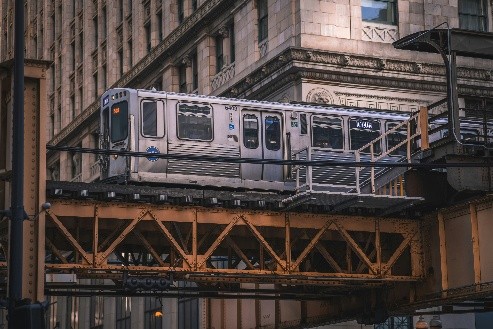 Before adjourning its spring session, the Illinois General Assembly did not approve any additional funding or reforms related to the public transportation system in northeastern Illinois. The Regional Transportation Authority has stated it is facing a fiscal cliff when the availability of COVID-19 relief funding expires that will result in a $771 million shortfall in 2026. The RTA has warned that riders could experience a 40% reduction in transit service.[4]
Before adjourning its spring session, the Illinois General Assembly did not approve any additional funding or reforms related to the public transportation system in northeastern Illinois. The Regional Transportation Authority has stated it is facing a fiscal cliff when the availability of COVID-19 relief funding expires that will result in a $771 million shortfall in 2026. The RTA has warned that riders could experience a 40% reduction in transit service.[4]
The budget also does not include additional funding to address a projected shortfall facing the Chicago Public Schools that recently was put at $734 million.
The Federal Budget
Since the legislature adjourned, the federal government debated and passed a major tax and spending plan for the next decade (signed into law on July 4th) that will significantly reduce federal funds for health care and food assistance. For Medicaid alone, KFF projects the approved changes could cost Illinois $48 billion over 10 years. (See Children’s Advocates for Change’s 2025 Data Book.) However, that is not the end. Congress is still debating a federal FY26 budget that, based on proposed reductions from the President’s Office of Management and Budget earlier this year, could see significant cuts for housing and low-income energy assistance along with other areas.
The state and federal budget cycles to not run on the same schedule (the state’s fiscal year begins on July 1st and the federal fiscal year begins on October 1st. So, even with the contingency measures described above, the legislature may have some difficult budget decisions ahead of it for the current fiscal year knowing even steeper revenue drops are ahead.
The General Assembly returns for its fall veto session on October 14th.
Written by Mitch Lifson
[1] Funding for a state program covering healthcare benefits for undocumented seniors remains.
[2] https://www.ilgateways.com/smart-start
[3] https://dcfs.illinois.gov/news/press-release.29484.html
[4] Chicago Tribune June 3, 2025

